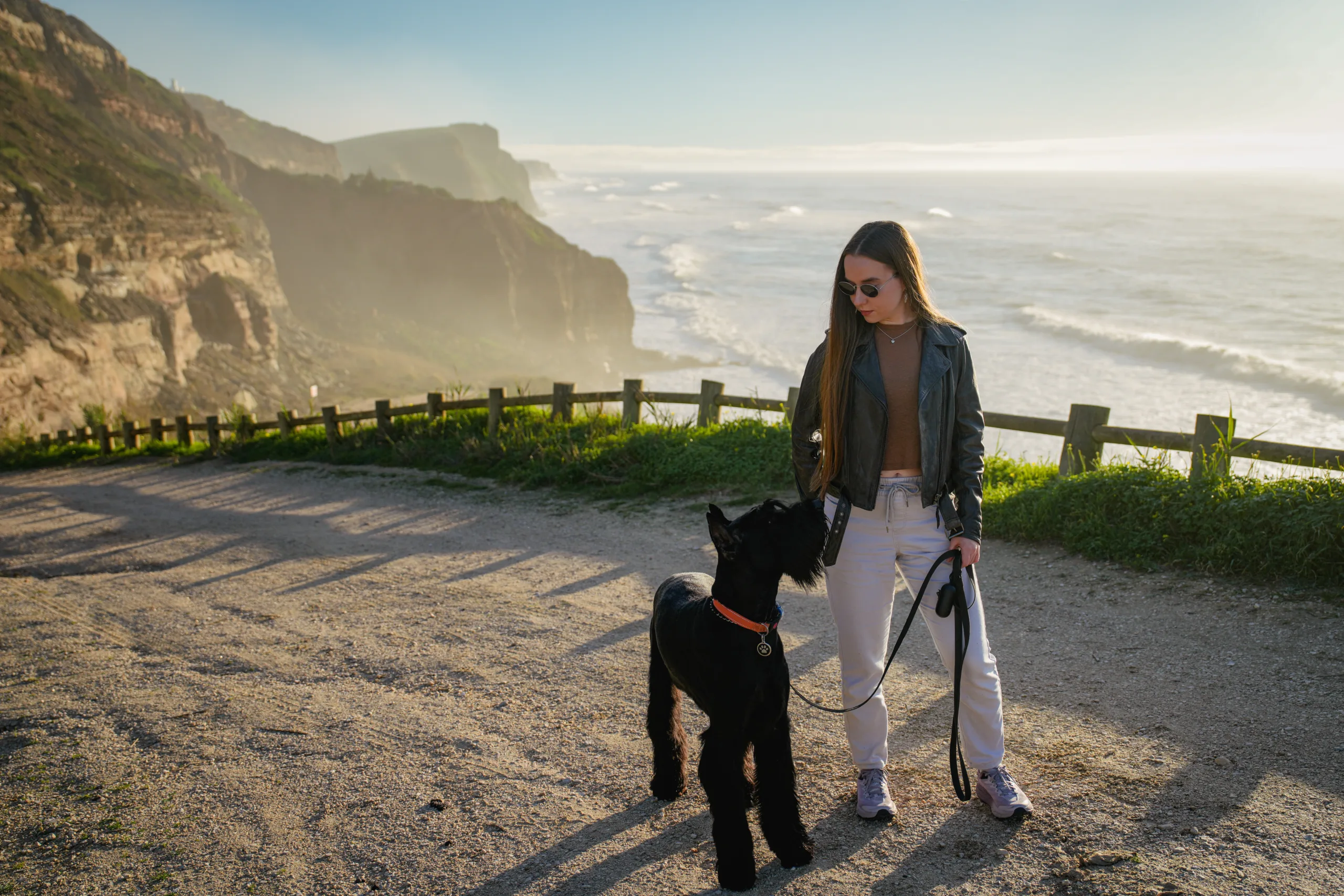Introduction
For individuals with allergies, finding a suitable furry companion can be a challenging task. However, for those who desire both the companionship of a dog and the protection a guard dog offers, hypoallergenic guard dogs may be the perfect solution. These dogs not only excel in protecting their families and properties but also produce fewer allergens, making them more tolerable for allergy sufferers. In this article, we will explore the world of hypoallergenic guard dogs, discover if there are any breeds that don’t shed, identify the least smelly guard dog, and determine which dog breed is the best guard.
For more about dogs click here
Are There Any Hypoallergenic Guard Dogs?
Hypoallergenic guard dogs do exist, offering the perfect combination of allergen-friendliness and protection. Those breeds produce fewer allergens, making them more suitable for people with allergies.
Hypoallergenic Breeds with Guarding Instincts
Some hypoallergenic dog breeds naturally possess guarding instincts, making them excellent choices for both protection and allergy-sensitive households:
- Giant Schnauzer: The Giant Schnauzer is a hypoallergenic breed known for its protective nature. They are loyal, alert, and make excellent guard dogs for families.
- Airedale Terrier: This hypoallergenic breed is often called the “King of Terriers” and is known for its intelligence, loyalty, and guarding abilities.
- Portuguese Water Dog: Hypoallergenic and highly versatile, the Portuguese Water Dog can excel both as a guard dog and a water rescue dog.
Is There a Guard Dog That Doesn’t Shed?
While no dog is truly “non-shedding,” some breeds shed significantly less than others, making them more suitable for allergy sufferers. These breeds, known as low-shedding or hypoallergenic breeds, can still serve as excellent guard dogs.
Low-Shedding Guard Dogs
Some low-shedding breeds are known for their guarding instincts and minimal shedding:
- Standard Poodle: The Standard Poodle is a highly intelligent and trainable breed that is also hypoallergenic and known for its guarding abilities.
- Giant Schnauzer: As mentioned earlier, the Giant Schnauzer is not only hypoallergenic but also sheds very little, making them an excellent choice for those with allergies.
- Irish Water Spaniel: This water-loving breed is both hypoallergenic and a capable guard dog, making them a unique combination of traits.
What Is the Least Smelly Guard Dog?
Some dog breeds are known for having less noticeable odors than others, which can be a crucial factor for those living in close quarters with their canine companions.
Low-Odor Guard Dogs
Certain breeds are less prone to producing strong odors, making them ideal choices for families concerned about smells:
- Bouvier des Flandres: The Bouvier des Flandres is a versatile and hypoallergenic breed known for its calm demeanor and minimal odor.
- Basenji: This unique breed is often called the “barkless dog” and is known for its clean and odor-free coat.
- Puli: With its distinctive corded coat, the Puli is a low-odor breed that can also excel in guarding and herding.
What Dog Breed Is the Best Guard?
Determining the “best” guard dog breed depends on various factors, including the specific needs and preferences of the owner. Different breeds possess different traits that contribute to their effectiveness as guard dogs.
Notable Guard Dog Breeds
Several breeds have a long history of being excellent guard dogs due to their protective instincts, loyalty, and intelligence:
- German Shepherd: Renowned for their versatility, intelligence, and loyalty, German Shepherds are often considered one of the best all-around guard dogs.
- Rottweiler: Rottweilers are confident, strong, and devoted protectors of their families and properties.
- Doberman Pinscher: With their sleek and powerful appearance, Dobermans are not only formidable guard dogs but also highly trainable and loyal.
FAQs
Q: Can hypoallergenic guard dogs be as protective as non-hypoallergenic breeds?
A: Yes, hypoallergenic guard dogs can be just as protective as non-hypoallergenic breeds. Guarding instincts and protective behavior are not determined by allergen levels.
Q: Do hypoallergenic guard dogs require special grooming?
A: Some hypoallergenic breeds, such as Poodles, require regular grooming to maintain their coats. However, grooming needs can vary among individual breeds.
Q: Can low-odor guard dogs still have a doggy smell?
A: While low-odor breeds produce fewer odors, all dogs have a natural scent. Proper grooming, hygiene, and regular baths can help reduce any noticeable smells.
Q: Should I train my guard dog myself, or is professional training necessary?
A: Proper training is crucial for guard dogs to ensure they are well-behaved and effective protectors. Professional training can be beneficial, especially for specific breeds with strong guarding instincts.
Conclusion
Hypoallergenic guard dogs offer the perfect combination of protection and allergen-friendliness, making them excellent choices for families with allergies. While no dog is truly non-shedding, certain breeds shed less, reducing allergens in the home. Additionally, some breeds produce fewer odors, making them ideal for those sensitive to smells. When considering a guard dog, it’s essential to weigh the specific traits of different breeds and choose one that aligns with your family’s needs and lifestyle. Proper training, socialization, and care are key to raising a well-adjusted and protective guard dog. With the right choice and responsible ownership, a hypoallergenic guard dog can become a beloved and trusted member of the family, providing both protection and companionship for years to come.
Click here for more
